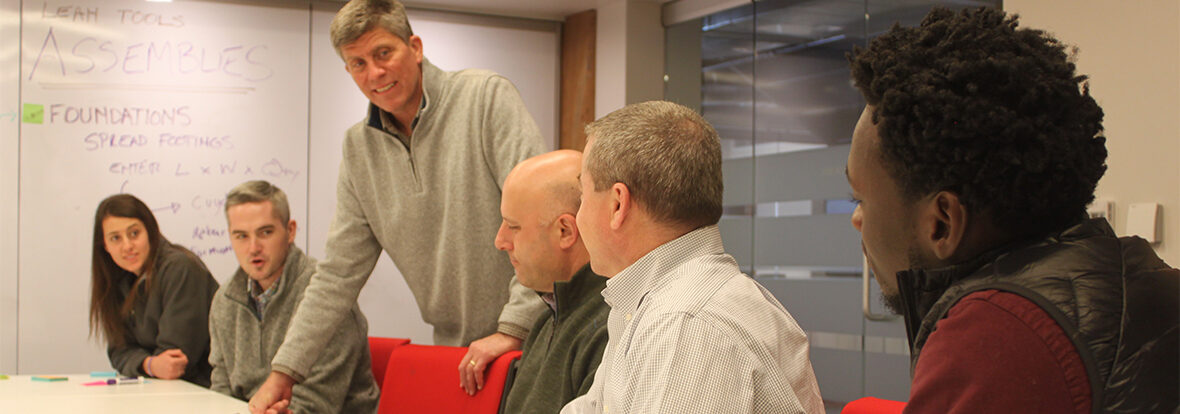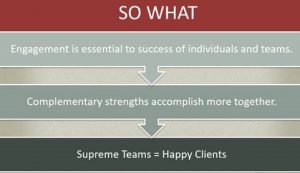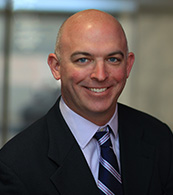In an organization such as Gilbane, with over 3,000 employees worldwide, assembling successful departmental and project teams is the cornerstone of our business. A productive and efficient team is more likely to produce positive outcomes, which helps to exceed the expectations of our clients and build long-standing relationships.
In our experience, successful teams are diverse. They adapt to accommodate the strengths of the members, rather than the weaknesses, and inspire growth on both a physical and developmental level.
Strengths-Based Team Development
In recognizing the importance of successful teams, Gilbane has instituted a strengths-based method of employee and team development. With the help of Gallup’s CliftonStrengths Assessment, we’ve been able to identify employee strengths and, in turn, use this knowledge to build high-functioning teams, as well as provide staff with appropriate and meaningful professional development.
How it Works
In essence, the CliftonStrengths Assessment is a 177-question “personality test” that identifies an employee’s top five strengths. The results of this assessment can be eye-opening for many, and sometimes provide insight as to certain behaviors or predilections. Leadership then works with an employee to align their strengths with their tasks and responsibilities, rather than spending time and energy on developing perceived weaknesses. This then provides an opportunity for mentorship and self-improvement, as employees can then partner with others who possess similar strengths.
Successful Teams are Diverse
Diversity of thought and experience is also of utmost importance in developing and nurturing successful teams, especially within an industry such as ours, which has been traditionally white and male. Gilbane is committed to this principle and understands that the future success of our company as a whole is directly related to the inclusion of diverse individuals who offer new perspectives, strengths, and insights.
When employees are able to utilize their strengths, they’re happier and more engaged. When peers and leaders recognize these strengths and talents, employees feel appreciated, which also leads to increased engagement. Engaged employees with complimentary strengths accomplish more together. These successful, or supreme, teams produce happy clients.
To learn more about our team development or inclusion and diversity program, click here.


